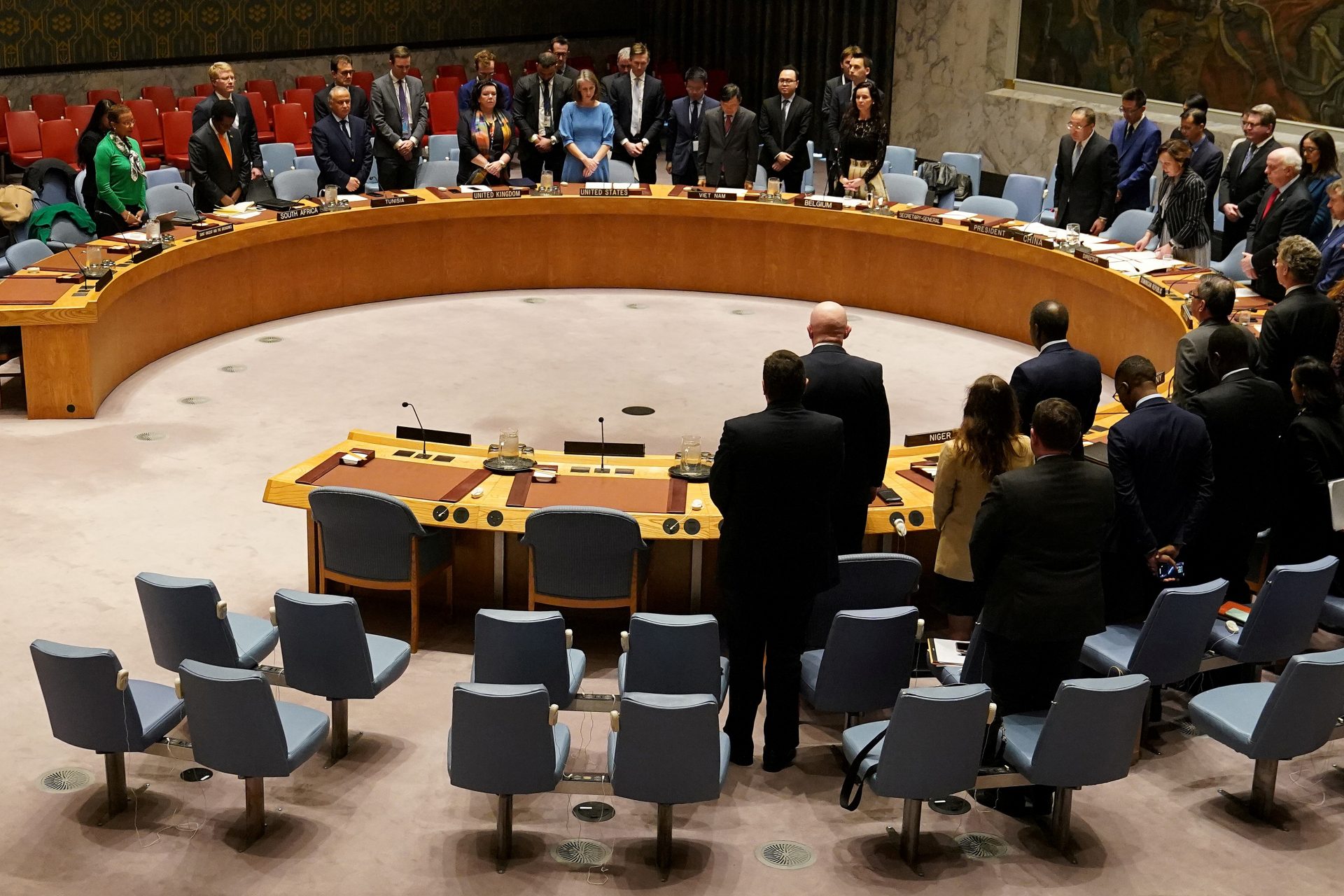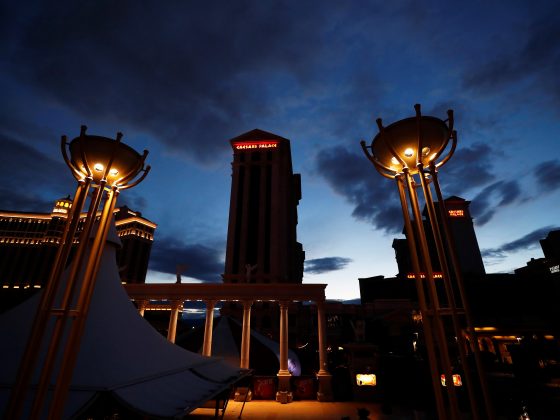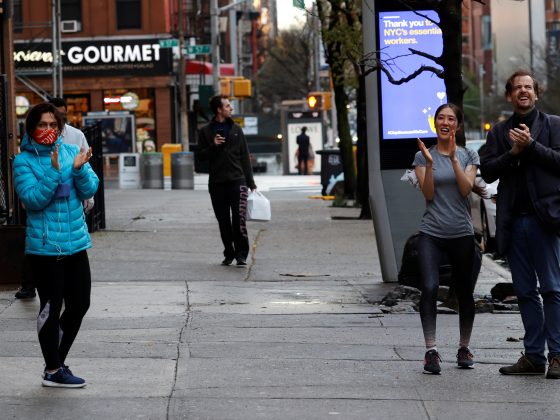A little while ago, The Guardian interviewed UN’s environment chief, Inger Andersen. According to the paper, Andersen said that nature is sending us a message with the coronavirus pandemic, that humanity was placing too many pressures on the natural world with damaging consequences. Andersen warned that failing to take care of the planet meant not taking care of ourselves.
It is true that we are placing too many pressures on nature. It is also true that these pressures are destroying our environment and harming ourselves. But in my view, Ms. Andersen’s words embody our biggest mistake: Saying that failing to take care of the planet means not taking care of ourselves puts the cart before the horse. It is ourselves, our relationships with one another that we should tend to first. Only when we learn to care for one another will we learn to care for nature. Only when we learn the meaning of social responsibility will we be able to practice global responsibility. As long as we exploit one another, we will exploit nature just as much.
“By cultivating ties of friendship and mutual responsibility toward each other, we will be able to bid farewell to the old world.”
The coronavirus is sending us more than one message. Stay home and keep away from one another is only the beginning. This is stage one, where nature speaks to us like a reproving parent: “You’ve been bad to one another so go to your separate rooms.” Now that we have been forced to practice social distancing, it is time to take the next lesson: getting closer correctly.
The Big Cleanup
To “clean us up” from occupations that revert us to our previous ties, nature, via its faithful messenger COVID-19, will make certain that we cannot return to our past engagements. It will continue to haunt us until we accept the new reality, admit that we were wrong, and ask how nature wants us to behave.
When we accept that the problem is with us, we will see that replacing fossil fuels with renewable energy will not solve a thing. Indeed, we are ruining the planet through exaggerated use of fossil fuels, wood, pollution of fresh water bodies and oceans, depletion of natural resources, extinction of animals, and destruction of wildlife habitats. But we do all that not because we’re unaware of the harm that we are doing; we do it because we do not care. We do not need to help nature; we need to change our own nature. If we don’t want to change, nature will compel us to in its own way. COVID-19 is but the prelude, not a standalone opera. If we don’t understand the message it is sending us, this opera will become a very sad tragedy.
So now that we have been separated, let us learn how to connect properly. The first rule of thumb is that if it’s more than you really need, it is too much, and it’s exploitative to nature and to other people. The second rule of thumb is that whatever I do, whether it’s giving or receiving, I do in order to benefit all of society. Just as nature is one inclusive system, we must develop an inclusive worldview that takes into account all people. Society knows what it needs and rewards those who contribute to it with respect and praise. Gradually, these accolades will replace the prevailing self-centered tokens of success such as extravagant wealth, power, and a false sense of superiority.
By carefully planning our steps toward a world of positive connections, we will build a world that is in every sense higher than our grim reality. By cultivating ties of friendship and mutual responsibility toward each other, we will be able to bid farewell to the old world.
Indeed, it is infinitely more satisfying to feel the whole of society, and through it, the whole of reality, rather than limit the world to the reality perceived when all I have in mind is me. Nature, aka reality, is ushering us into a world where we can choose to be good students and learn easily and pleasantly, or rebellious children who learn against their will, but still thank their teacher in the end. Whichever the case, nature will not ease up on us until we learn.











